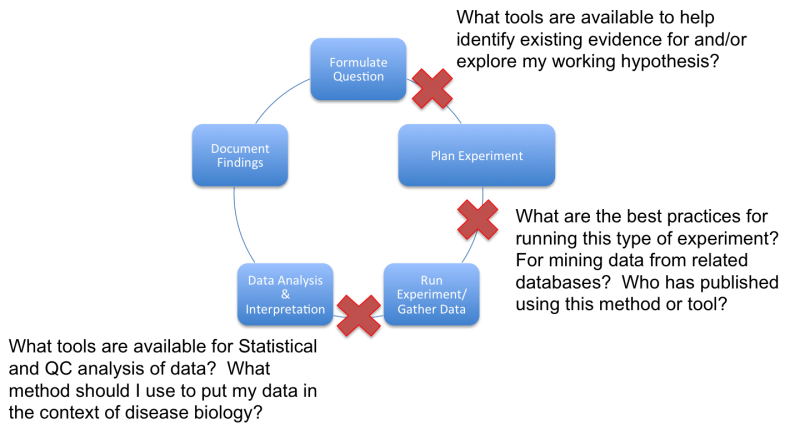Development of an Inter-departmental Shared Research Assistant Support Program for Translational Research
Rationale: This proposal is based on two premises: First, it is well known that consecutive sampling is preferable to convenience sampling for essentially all prospective enrollment studies. One of the greatest obstacles to implementation of consecutive patient sampling, however, is the need to have 24/7 research assistant (RA) support for patient identification, enrollment, and data collection. Payment for RA support thereby commonly consumes over half of grant budgets for prospective studies, often rendering potentially meaningful studies impractical. Many worthwhile study ideas are abandoned early on and other fully fleshed out protocols get dropped because of lack of funding for 24/7 RA support.
The second premise behind this proposal is that RAs commonly have significant amounts of “down-time” in between enrollment of subjects. Review of four recent, extramurally-funded studies that were concurrently conducted with separate 24/7 RA support at SFGH showed enrollment of less than 2 subjects per day in one study and less than 1 subject per day in the other three. Discussion with investigators (and even the RAs themselves) has revealed frustrations with the inefficiency and cost associated with the need to have separate 24/7 RA study coverage in same site studies with prospective enrollment.
Plan: We propose the exploration and development of a shared RA program for translational research that we believe would lead to more efficient and cost saving research practice at UCSF. Although details of the development plan are beyond the scope of this one page proposal, we will begin by forming an interdisciplinary task force to perform a needs assessment and review funding and regulatory agency policies regarding shared resources. We will then develop shared RA network models, with CTSI review and input. We will test the approved model(s) through a pilot or feasibility study and report summary findings to CTSI.
Deliverables and Metrics for Success: The immediate deliverables from this work include:
1) A detailed analysis and summary recommendations of the feasibility and obstacles to the interdepartmental sharing of RA support.
2) Implementation of a pilot /feasibility study of a shared RA network based on CTSI review and approval of proposed models.
3) Determination of the potential cost and other resource savings from implementation of such a program.
The potential long-term deliverables of this project would include:
1) Campus-wide increase in the implementation of low-funded and unfunded research, especially by junior faculty and residents.
2) Increase in funded research: Investigators may be able to apply for more grants with low funding ceilings, and their budgets may be scored more competitively.
3) Promotion of an innovative climate of efficient research at UCSF, paving the way toward the development of sharing programs for other research resources.
Approximate Cost: We are asking for CTSI consultation support and $40,000 to conduct the pilot/feasibility study (RA support and administrative costs). Investigators will donate their time in kind.
Collaborators: The investigators have collaborated extensively and have substantial experience in this proposed arena: Dr. Rodriguez is the Department of Emergency Medicine Residency Research Director, has CDC funding and has served as an IRB chairperson. He has developed and maintained a robust ED RA program at SFGH for 7 years with prospective enrollment of over 4,000 subjects in various studies. Dr. Mitchell Cohen is an active trauma and general surgeon and serves as the Director of Trauma Research for the Department of Surgery. He is extensively funded by the NIH, CDC and DoD and is currently involved in several prospective trauma studies, as well as translation basic science work on similar topics. Dr. Hemphill is Chief of Neurology at SFGH and is the PI of the San Francisco hub of the NIH-funded NETT (Neurological Emergencies Treatment Trials) network. His group has conducted emergency and ICU studies related to stroke, status epilepticus, and neurotrauma.
The comments from other investigators have been very helpful. Although there may be slight overlap between this proposal and certain CRS efforts, this affords an opportunity for synergy and refinement of proposed models. Review of the CRS site and other discussion demonstrates that the current CRS model understandably has significant gaps, specifically in the area that we are trying to address with our proposal-- the issue of 24/7 RA support for emergency studies with need for timely response for enrollment (need for the RA to be in the ED within minutes at all hours). We look forward to collaborating with CRS (and others) in addressing this need, refinement of shared RA support proposals and ultimately field testing the CTSI approved final model.
Commenting is closed.

